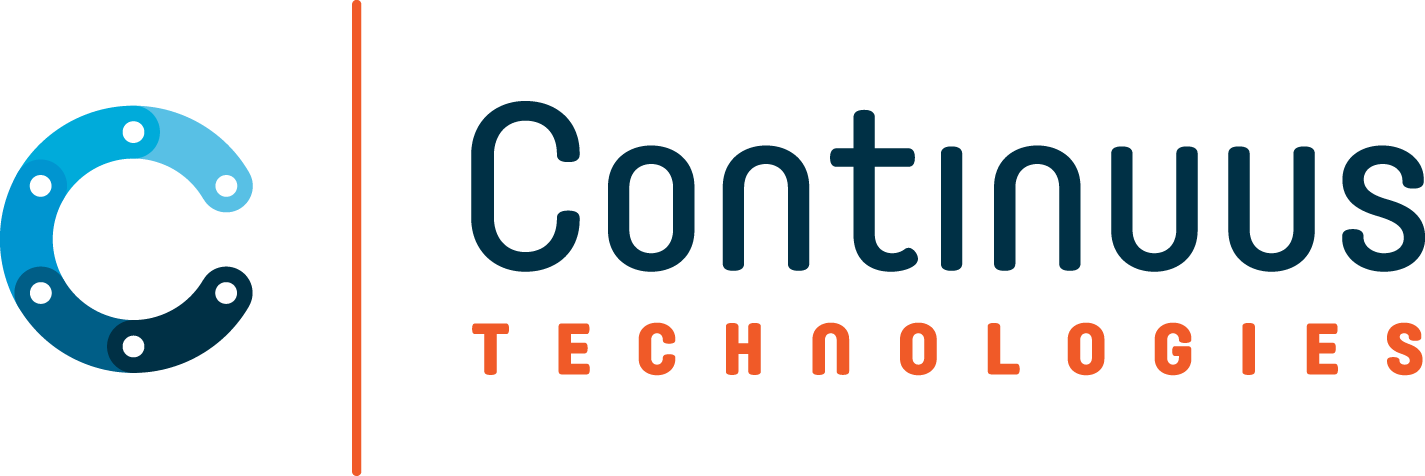While it took off as a cloud data warehouse, Snowflake has proven to provide solutions for organizations and their data needs far beyond warehousing alone. Snowflake has allowed organizations across all industries to support and enhance their data lake strategy, build data pipelines, build data applications, and scale business intelligence (BI) and analytics processes.
The Snowflake Difference
- Customer experience: Snowflake’s customer reference scores for overall experience place it near the top of the vendors in this Magic Quadrant. Users praised the product capabilities, value for money, pricing and contract flexibility, and overall ease of deployment.
- Dynamic elasticity capabilities: Snowflake’s modern cloud architecture is built around the separation of resources, which allows it to scale effectively and efficiently in response to mixed and dynamic workloads.
- Operational efficiency: Customer references for Snowflake report being able to run more workloads and support more use cases than they were able to do with their previous platform, often with fewer resources.
Snowflake blew other related products out of the water in Gartner’s 2019 Magic Quadrant for Data Management Solutions for Analytics. Products ranked within that Magic Quadrant are ranked by customer satisfaction (based on user reviews) and market presence (based on market share, vendor size, and social impact), with Snowflake being a standout leader in both categories with scores well above average in quality of support (85%), ease of use (92%), meeting requirements (92%), ease of admin (87%), ease of doing business with (91%), and ease of setup (90%). It ranked highest in Satisfaction, with 98% of users rating it 4 or 5 starts out of 5. The top industries represented in this survey were Financial Services, Computer Software, Information Technology and Services, Marketing and Advertising, and Retail.
Technical Capabilities
Snowflake was built from the ground up specifically for the cloud and helps lower administrative and data processing costs. This SaaS product offers a fully managed data warehouse on AWS and Microsoft Azure, and Google Cloud Platform infrastructure. It is a scalable service that allows for companies of all sizes scale their data warehousing in whatever direction they may need in order to be effective and efficient with their data needs. With its parallel processing capabilities, there is no patching necessary and no need to store backups locally, effectively freeing up disk space.
Snowflake can take on SQL processes or fulfill data lake needs by offering a high data accessibility over the typical siloed data approach in traditional data lake structure. Once that data is stored, Snowflake offers ODBC and JDBC connectors, 3rd party connectors, and native Python connectors to be able to make actionable decisions from your data in platforms like Tableau, Qlik, PowerBI, and more. It supports ACID-compliant relational processing, as well as native support for document store formats such as JSON, Avro, Optimized Row Columnar (ORC), Parquet and XML. A native Apache Spark connector, R integration, support for user-defined functions, dynamic elasticity, temporal support and data-sharing capabilities round out the core offering. Recently announced partnerships with Qubole and Databricks extend Snowflake’s reach to exploratory data lake use cases.
At Continuus, the Snowflake cloud data platform is our choice for best serving our clients. Contact us today to learn more about how we can take your data initiatives to the next level with Snowflake.




